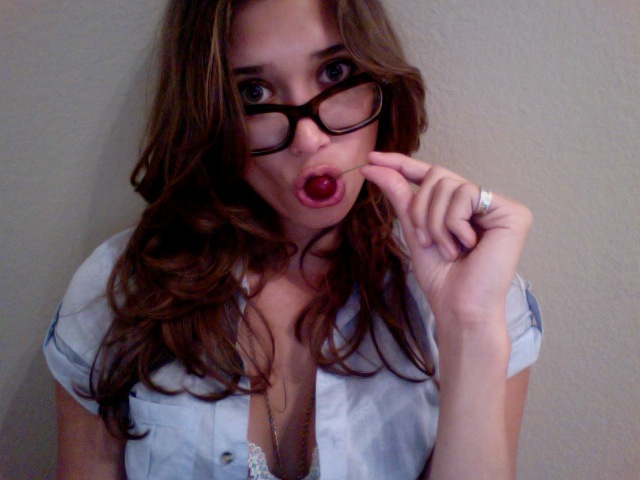The most misplaced word in the English language today is the term irony. Lemony Snicket explained it very well to me in one of his Series of Unfortunate Events books (The Reptile Room, to be exact), and everyone should be so lucky as to have him for an English teacher.
Lemony Snicket, aka Daniel Handler, defines dramatic irony as “when a person makes a harmless remark, and someone else who hears it knows something that makes the remark have a different, and usually unpleasant meaning.” This, my friends, is the best definition of dramatic irony I have yet to find.
Even though these are children’s books, by correctly using ironic devices in his narrative and also correctly utilizing dramatic irony throughout the plots, A Series of Unfortunate Events gave me my sense of humor - right after an uncle gave me my sense of claustrophobia.
After being shut in a suitcase and wheeled around the house by my drunk uncle (a different, but equally insane one), I retreated to my room and carried on reading a book about cursed orphans: a very normal hobby for a very abnormal girl of 11.
My history with the term aside, I think it should be made a point of in English classes to teach children what the words they hear on Family Guy actually mean.
For instance, when Fireman 1 notes, “These relaxing scented candles burned down the whole house!” Fireman 2 responds in a singsong voice accompanied by a fancy two-handed finger wag, “Irony!” False.
Since I couldn’t find a Snicket definition for regular irony, here is Wikipedia’s:
A statement that, when taken in context, may actually mean something different from, or the opposite of what is written literally; the use of words expressing something other than their literal intention, notably as a form of humor.
Not only is Fireman 1 not humorous but Fireman 2 is incorrect as diagnosing his comment as ironic, as Fireman 1 meant exactly what he said. This is unless, of course, Fireman 2 was trying to be dramatically ironic. But simple irony, it is not.
Another example of misuse (also involving fire) would be to say that the burning down of my grandparents’ house due to unattended Advent candles during a trip to Costco was ironic, but it was not. It was a sign from God that my step-grandmother should have stuck to being Jewish and saved her family the torture of that Easter weekend we spent 6 hours in church watching her conversion.
Lastly, post-irony, which you should also have in your irony arsenal, is a return to the sincere after the irony card has been played. I have been described as post, post-ironic before, but I could not tell you without a shred of sarcasm what that person meant.
P.S. The term you are probably looking for when something strikes you as oddly funny is sarcasm. It is a strain of humor, which sometimes employs irony, and is popular among hipsters, the clinically depressed, and Spongebob Squarepants (which upon reflection, can all be grouped categorically, as the hipsters are probably enjoying the bob with a flourish of post-irony).

No comments:
Post a Comment